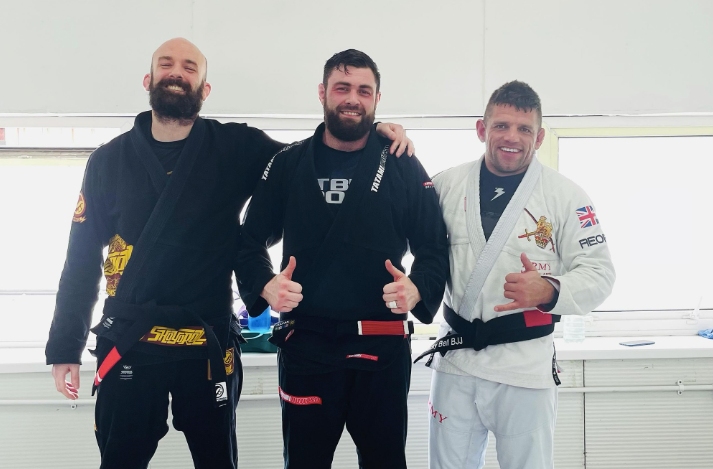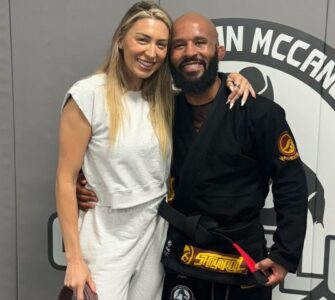Developing an Effective Strategy is Key to Achieving Success in Jiu-Jitsu Competition.
While it would be ideal to achieve our goals with minimal effort, true accomplishment is found through persistent daily work towards one’s dreams. Champions are built through consistent commitment over time, not by taking the easiest path. There is no victory without diligent effort, dedication, and commitment. Should defeat come, the opportunity exists to analyze one’s strategy and make adjustments for future improvement. Continuing the same approach yet expecting different results will likely lead to the same outcome.
In a recent episode of Everyday Perspective Podcast, Ricky Bellingham, a full-time British Army Elite Sports BJJ Athlete and European Master Gold medalist shares his insights on effective tactics for BJJ competition.
- Planning and Tactics: “In competition, it’s not enough to just see what happens. Having a strategic game plan is crucial. If you score first in a BJJ competition, stats show there’s an 80% chance you’ll win. This points system isn’t just about scoring; it’s about control, leading to submissions.”
- A-Game Focus: “You should enter a competition with a clear A-game plan. This involves knowing exactly whether you’ll pull guard or go for a takedown. For example, larger competitors might focus on takedowns, while smaller ones might opt for pulling guard.”
- Long-term Strategy for Big Guys: “If you’re a bigger competitor, especially at a white belt level, focus on developing your guard for several years. This can be a significant advantage, as it’s rare for big guys to face others with strong guards.”
- Gordon Ryan’s Example: “Take inspiration from competitors like Gordon Ryan, who started small and technical, and now combines his technical prowess with strength. He often allows opponents to take him down, choosing to play guard.”
- Overcoming the Outcome Bias: “Don’t get too attached to the outcomes of smaller competitions or even bigger ones at lower belts. Instead, focus on developing your game.”
- Specific Game Plans: “Whether it’s a takedown or a guard pull, your move should lead you into your A-game. Know your best sweeps and submissions from your preferred guard.”
- Adaptability in Competitions: “Understand that competitions can be unpredictable. Factors like the opponent’s condition, refereeing biases, and the physical toll of consecutive matches play a role. Sometimes, despite the best plans, it’s just not your day.”
- Perseverance and Experience: “Success in BJJ competitions often comes down to persistence and continual participation. Keep showing up, learning from experiences, and refining your skills.”
These insights provide a comprehensive view of the strategic approach required for success in BJJ competitions. The emphasis on having a well-defined game plan, focusing on your strengths, and the importance of adaptability and experience highlight the multifaceted nature of competitive BJJ.
Watch the full podcast:


















